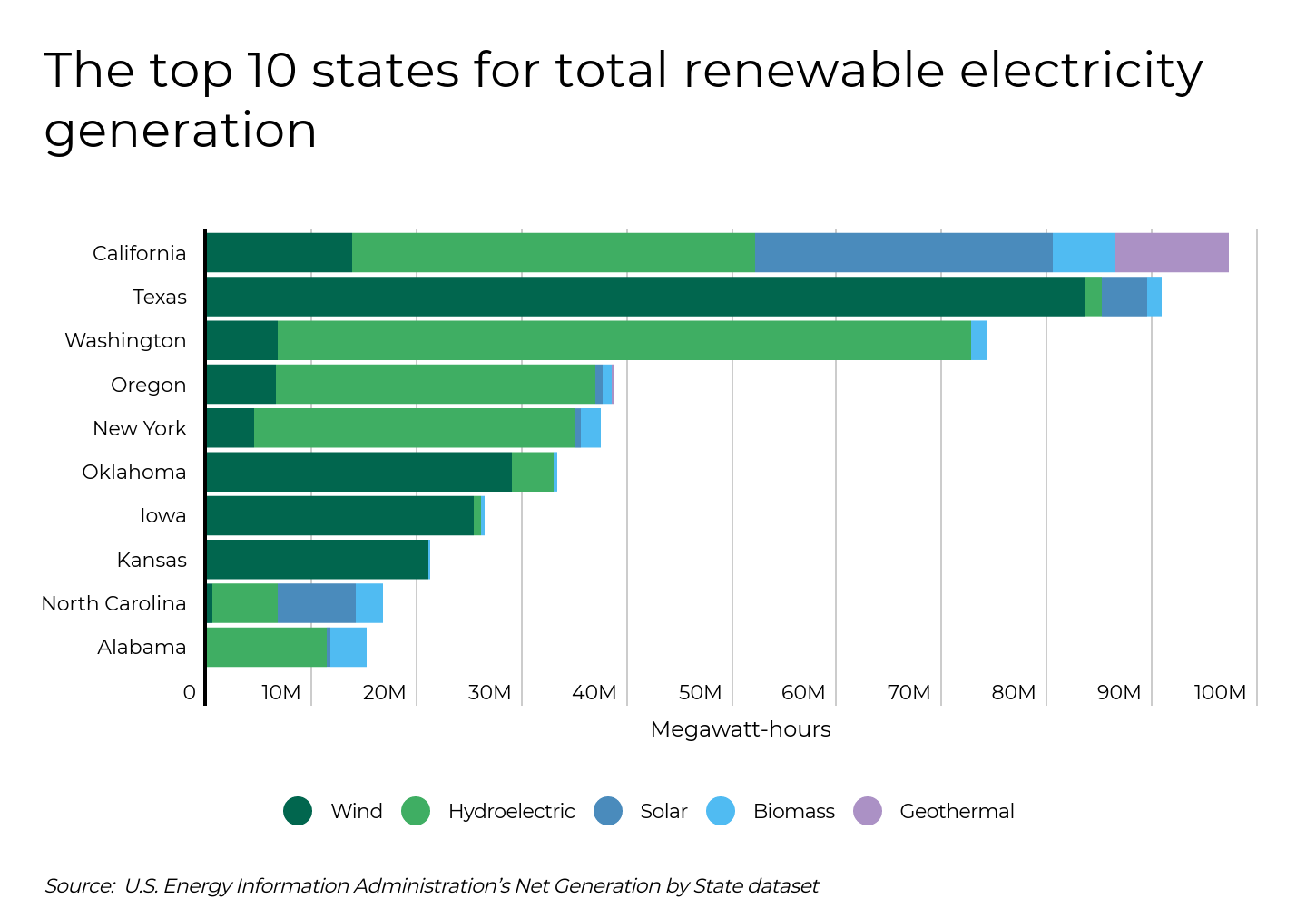
The Impact of Motors on Renewable Energy
Motors play a pivotal role in enhancing the efficiency and scalability of renewable energy systems, driving a sustainable future.
Motors in Renewable Energy: A Driving Force
The integration of motors into renewable energy systems has revolutionized the way we harness and utilize sustainable resources. Motors play a crucial role in converting energy from renewable sources like wind, solar, and hydro into usable electrical power. By transforming kinetic energy into electricity, motors enhance the efficiency of renewable energy systems. For instance, wind turbines use motors to convert the mechanical energy from wind into electrical energy. Similarly, solar panels can be paired with motors in solar tracking systems to optimize the capture of sunlight throughout the day. This dynamic use of motors not only boosts the efficiency of renewable systems but also contributes to a more reliable and consistent energy output, addressing one of the main challenges of renewable energy: variability.
Enhancing Efficiency with Advanced Motor Technology
The development of advanced motor technologies has significantly improved the efficiency of renewable energy systems. Innovations such as brushless DC motors and permanent magnet synchronous motors have reduced energy losses and increased the lifespan of equipment. These motors are designed to operate with high efficiency, reducing the overall energy consumption of renewable energy systems. For example, in wind energy applications, the use of advanced motors has allowed turbines to start generating electricity at lower wind speeds, thus increasing their operational range. Additionally, the precision and control offered by modern motors enable more effective energy management, ensuring that power generation aligns closely with demand. This not only enhances the sustainability of renewable energy sources but also reduces reliance on non-renewable energy backups.
Motors in Wind Energy Systems
In wind energy systems, motors are indispensable for both power generation and control mechanisms. The nacelle, which houses the generator and other components, relies on motors to adjust the blades' pitch and orientation, optimizing energy capture from varying wind conditions. This ability to adjust in real-time ensures maximum efficiency and energy output. Furthermore, motors are crucial in the yaw system, which rotates the turbine to face the wind, maximizing exposure and power generation. The precision of motor control in these systems ensures that turbines operate optimally, even in fluctuating wind conditions, thereby stabilizing the energy supply. The integration of motors in wind energy systems exemplifies how mechanical innovation can directly impact the efficacy and reliability of renewable energy sources.
Solar Energy Systems and Motor Utilization
In solar energy systems, motors are primarily used in solar tracking systems to enhance energy collection. These systems use motors to adjust the position of solar panels throughout the day, ensuring they are always oriented to capture the maximum amount of sunlight. This increases the efficiency of solar panels by up to 30%, making solar power a more viable and competitive energy source. Motors in solar applications must be highly reliable and efficient, as they operate continuously to adjust the panels' angles. By improving the alignment of solar panels with the sun's path, these motors help optimize energy capture, making solar energy more consistent and dependable. This adaptability provided by motor technology is critical in overcoming one of solar power's main limitations: the variability of sunlight.
The Role of Motors in Hydroelectric Systems
Hydroelectric systems rely on motors to convert the kinetic energy of flowing water into electrical energy. Motors in these systems are typically part of a generator assembly that transforms mechanical energy from water flow into electricity. The efficiency of this conversion process is heavily dependent on the motor's performance. Advanced motor designs have led to more efficient hydroelectric systems, capable of generating more power from the same volume of water. Moreover, motors are also used in pump storage systems, which are a type of hydroelectric power that can store energy for later use. By pumping water to a higher elevation during periods of low demand, these systems can release the water to generate electricity when demand peaks, providing a reliable energy reserve.
The Future of Motors in Renewable Energy
The future of motors in renewable energy is promising, with ongoing research and development aimed at further enhancing their efficiency and application. As renewable energy becomes increasingly central to global energy strategies, the demand for more efficient and adaptable motor technologies will grow. Innovations such as smart motors, which incorporate sensors and IoT technology for real-time monitoring and optimization, are expected to play a significant role. These advancements will enable more precise control over energy generation and distribution, reducing waste and increasing system resilience. Additionally, as battery storage technology advances, motors will become integral in hybrid systems that combine multiple renewable sources, ensuring a stable and reliable energy supply. The continued evolution of motor technology will be a key factor in achieving a sustainable and energy-secure future.